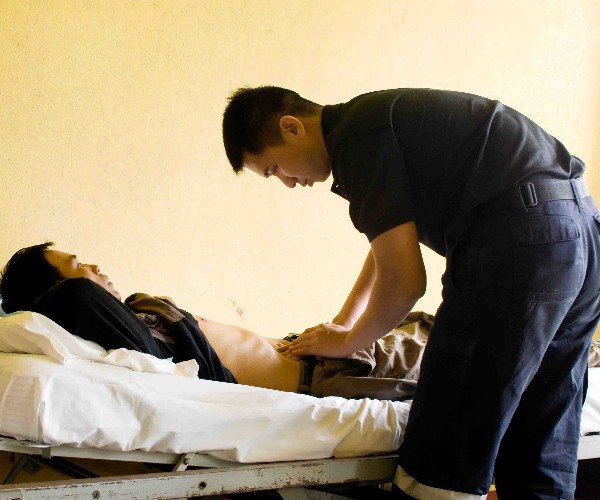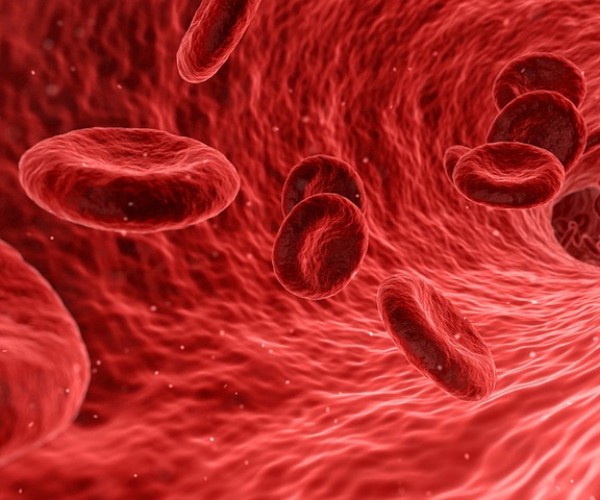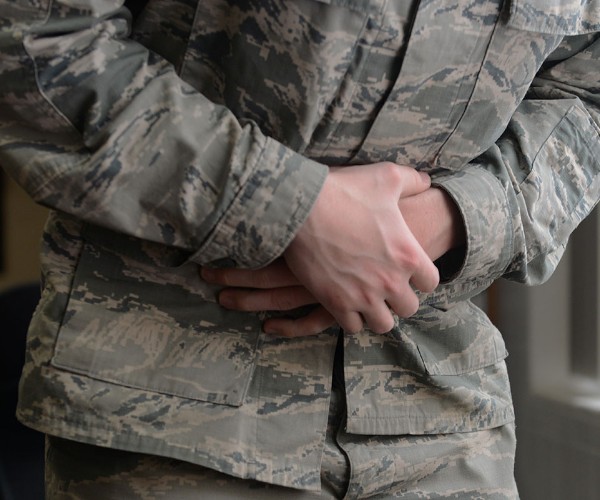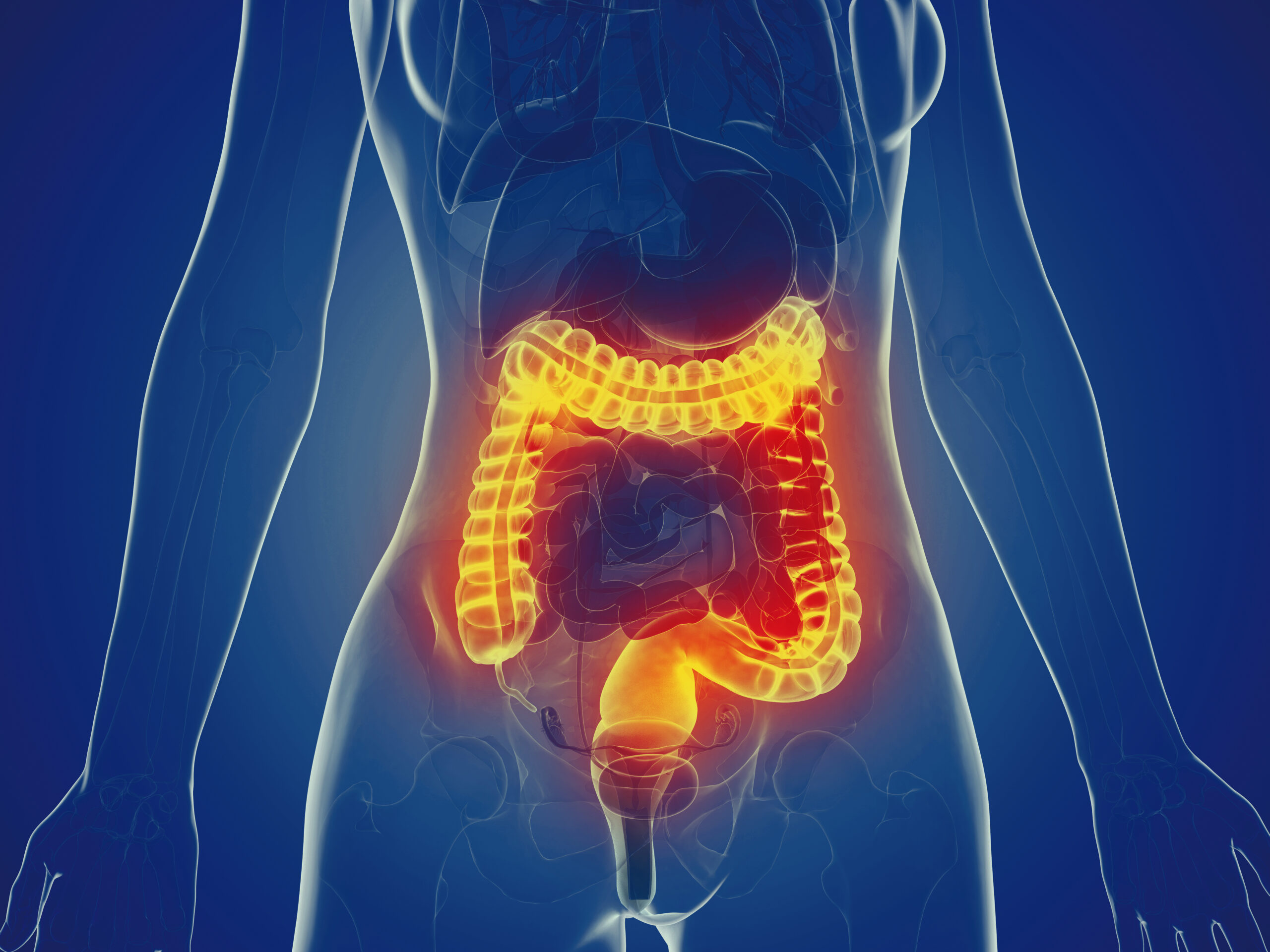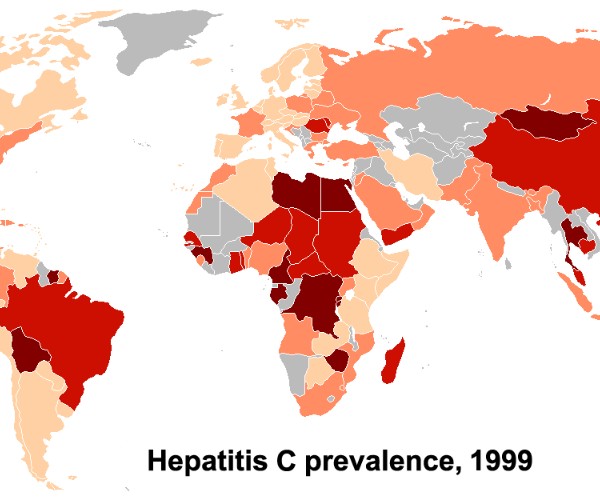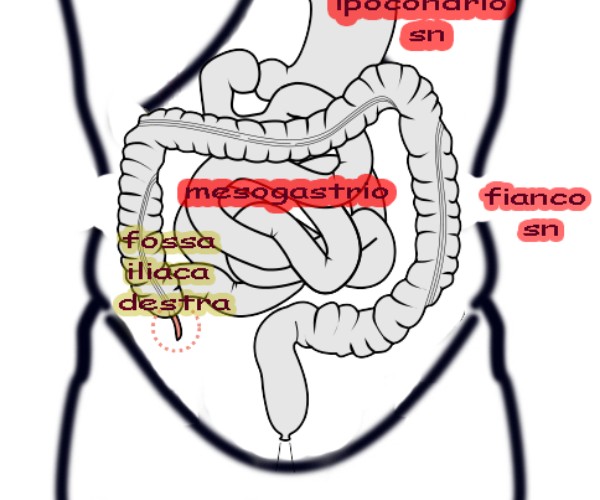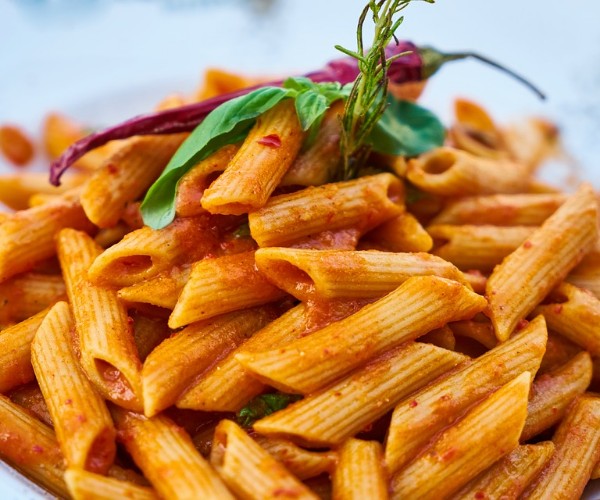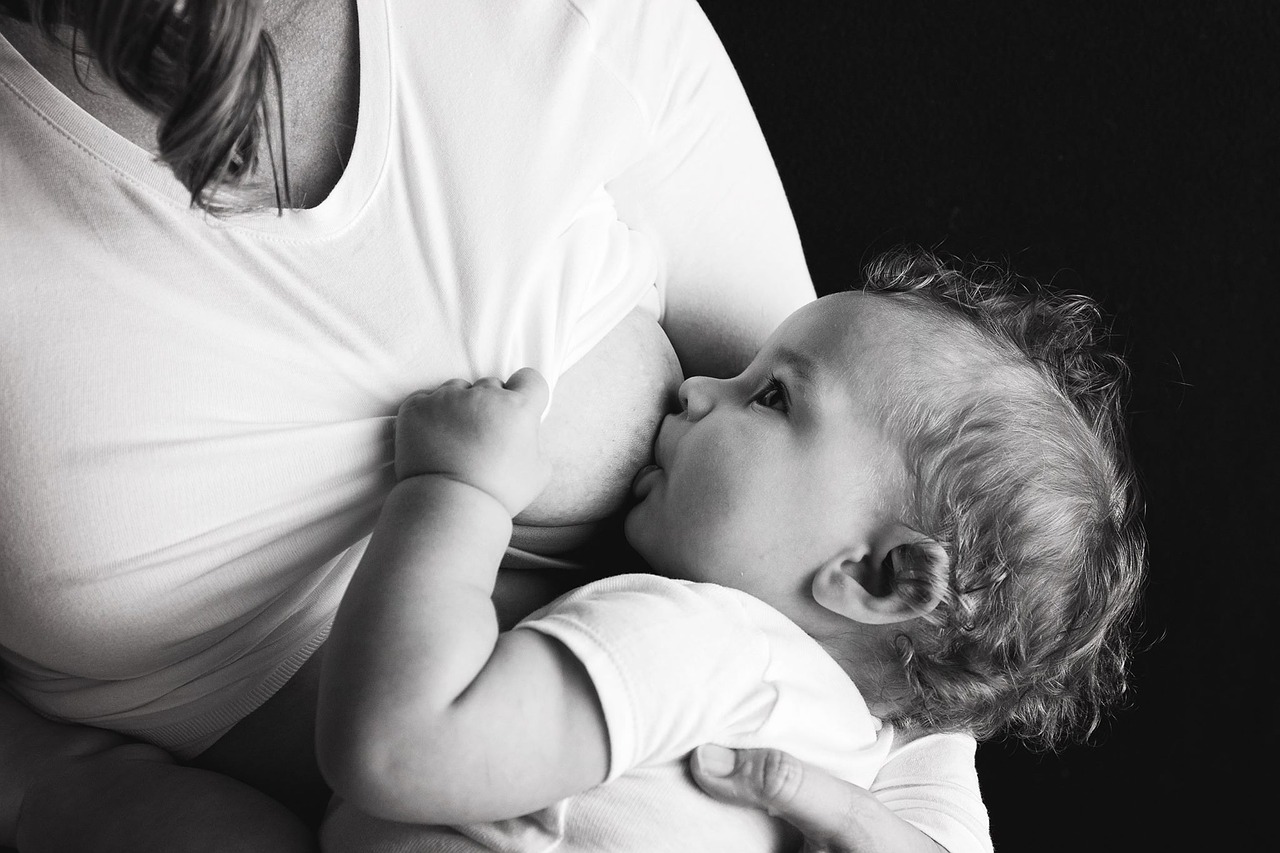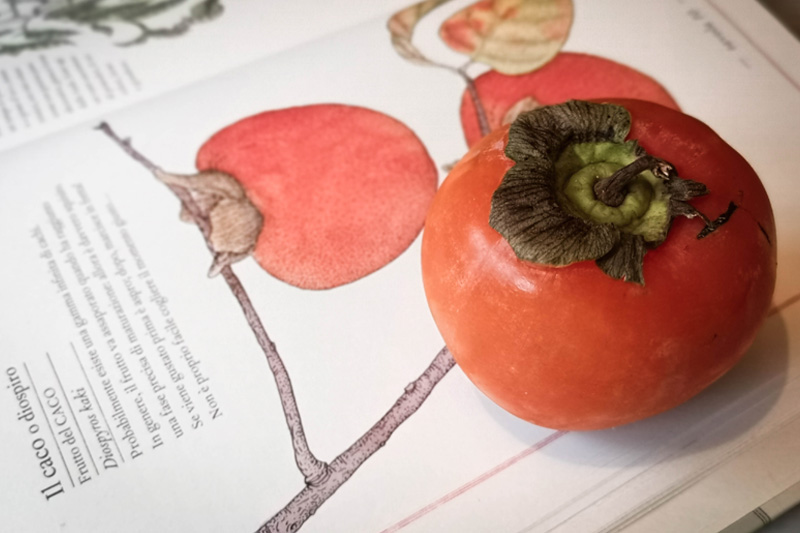We are all now preparing for summer vacation. There are those who are already at the beach relaxing, those who are preparing the last things to pack, and those who, unfortunately, are already back from their much-desired vacation. Vacation is for everyone a time of relaxation and intense fun. It often happens, however, during out-of-town sojourns, where the daily routine is interrupted, to run into certain gastrointestinal illnesses that can potentially ruin an entire vacation. First among them is food poisoning. So let’s look together at some simple rules to follow to avoid spending one’s vacation lying on a hospital bed or, and perhaps it’s even worse, sitting in the bathroom for hours on end.Nutrition
The rules to follow
1) HYGIENE: Wherever you move (homes, hotels, campsites, etc.) you must first sanitize the kitchen. Then thoroughly clean and disinfect cutlery, dishes, kitchen utensils and especially any place where you are going to store food (refrigerator, furniture, shelves).
2) FRIDGE: The very fridge can be one of the worst pitfalls for our health. A basic rule is to store food in the refrigerator in an orderly manner, preventing various foods from coming into direct contact with each other. Therefore, it is useful to have glass containers or vacuum containers for storing even leftovers. Obviously, the entire refrigerator should be thoroughly cleaned before food is inserted.
3) FRUIT AND VEGETABLES: Always wash fruits and vegetables before eating them and avoid putting them in the refrigerator after washing them as there is a risk of them developing pathogens that can infect all other foods in the refrigerator.
4) MEAT: Meat should always be kept in the refrigerator in food bags and should be stored in the bottom drawers. Depending on the type, it should be consumed within a certain period of time: 24 hours for carnemade, 48 hours for chicken or turkey, 3 days for sliced and fresh cut meat.
5) FISH: With regard to fish, this is a food that should be cleaned, gutted, washed and well dried before being stored in an airtight container in the lower part of the refrigerator. In this case it should be consumed, regardless of type, within 24 hours.
6) EGGS AND DAIRY PRODUCTS: should never be kept free in the refrigerator but always stored in the appropriate shelves of the refrigerator
7) FREEZER: In order to safely freeze food, whether meat or fish, it is good to wrap it in a food wrap or bag. Thawing, on the other hand, should always be done in the refrigerator and never at room temperature.
8) LABEL: Always read labels carefully when purchasing. First and foremost, check the expiration date of products. Those with close expiration dates should always be placed prominently so that they are consumed first.
9) COOKING: To ensure that all spores and bacteria in food are eliminated, it is necessary to raise the cooking temperature above 120°.
With these few simple precautions you can enjoy a vacation free from intoxication!

















